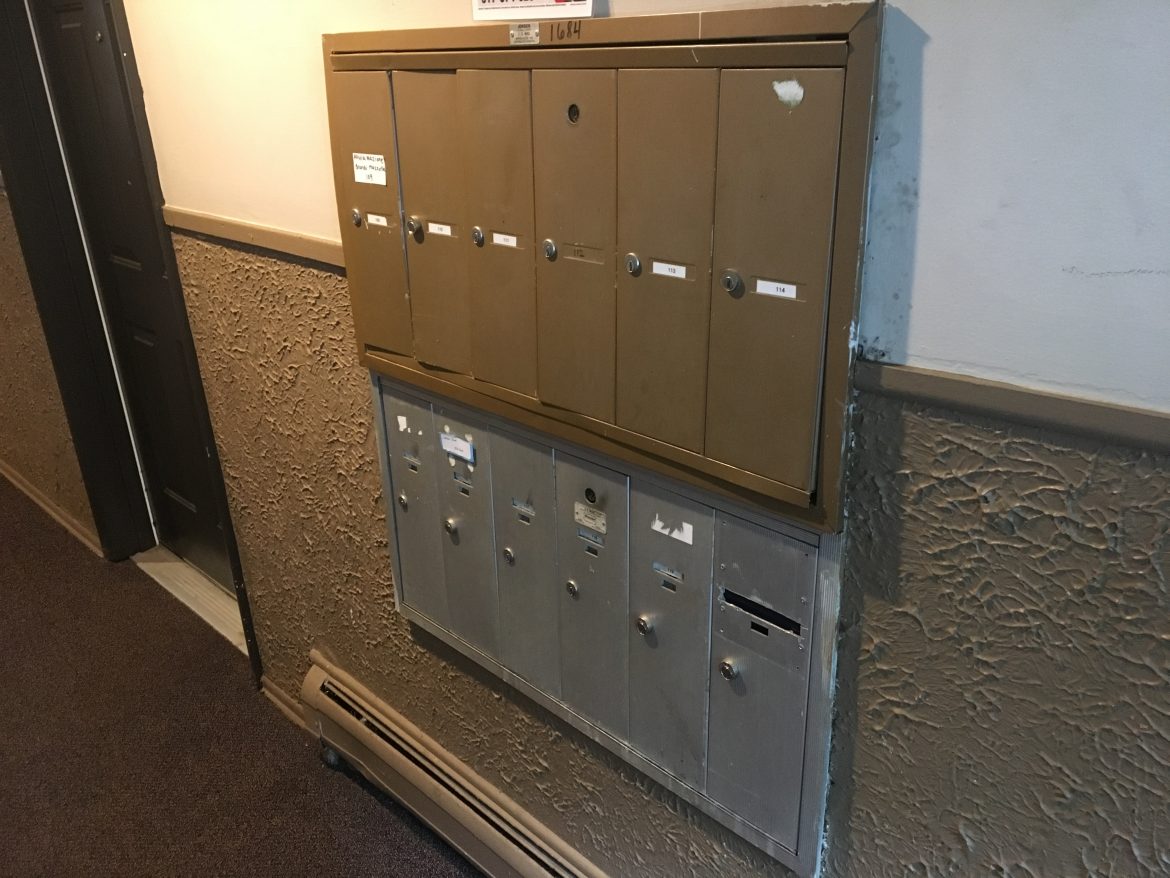As Michigan’s war on opioids rages along, legislation has passed in order to protect citizens from an unregulated alternative — imported synthetic opioids.
U.S. Rep. Mike Bishop, R-Mich., is a sponsor of the recently passed Synthetic Trafficking and Opioid Prevention (STOP) Act of 2018 which aims to alleviate this once unseen problem.
“We didn’t know about this before; now that we do know, we have the opportunity to stop it,” Bishop said.
Bishop noted that these synthetic versions of opioids are not regulated and, in many cases, are much more potent than street drugs or even the hardest of prescribed painkillers.
“The synthetic opioids out there are up to 500 times more powerful than regular doses of heroin,” said Bishop.
“All I know is that I had a friend who took Vicodin on the daily and had no problems,” said Lansing local, Caleb Shaw, 21. “Literally, the first time he ordered the fake stuff online, he ended up in the hospital.”
Stories like Shaw’s highlight how seemingly simple acquiring these drugs can be.
“The question comes up – where does all this come from? How does it get here?” Bishop said. “It appears as though most of it comes right through our U.S. mail, which just adds insult to injury.”
Robert Miller, a nine-year employee of the U.S. Postal Service, claims that given the nature of the drug – there wasn’t much workers could do.
“We’re talking about substances that do not smell, substances that could be pressed thinner than paper!” said Miller. “These are international packages and they are not marked any differently than a thank-you card from grandma.”
The struggle to identify at-risk international orders of synthetic opioids is one of many aspects the STOP Act vows to conquer. Only time will tell if the legislation will succeed in its mission to keep Michiganders safe and lower the number of opioid-related overdoses.
